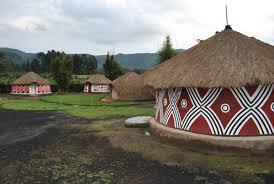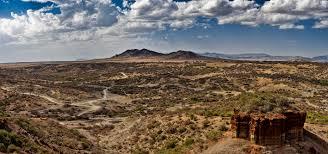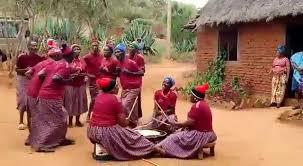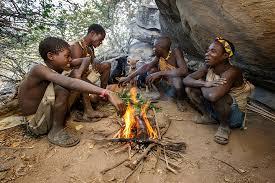Immerse yourself in the rich culture of Kenya with our cultural experiences.

Poachers Village Afternoon optional excursion to the Iby'iwacu Cultural village where ex-poachers have reformed and now welcome visitors to learn about their lifestyle and traditions. See a king's house, visit the medicine man, try bow and arrow shooting and enjoy demonstrations of tribal dancing and drumming.
Olduvai Gorge Olduvai gorge, where there is a small archaeological museum depicting how Louis and Mary Leakey found the fossilized remains of some of man’s oldest ancestors (ancient hominids – Homo habilis, Homo erectus and Australopithecus Boisei) who had walked along the same river bank some 2.5 to 3 million years ago.


The Iraqw Tribe The Iraqw tribe are of Kushitic origin and migrated from Mesopotamia 400 years ago. After travelling thousands of miles South, they settled in the Karatu area, at the foot of the Ngorongoro highlands. The Iraqw people are peasant farmers raising livestock and planting crops (mainly maize). A traditional Iraqw home is similar in construction to a Maasai manyatta being made of sticks, mud and cattle dung. The main difference is that the huts include a compartment for their cattle. The Iraqw trade with the Maasai and Datoga, exchanging food for weapons.
Hadzabe & Datoga Lake Eyasi is about 1.5 hrs drive from Manyara or Karatu. This is the home of the little known waHadzabe tribe, a small and primitive group of hunter gatherers who were pushed out of the Ngorongoro Conservation area hundreds of years ago by incoming pastoralist groups. Moving slowly down the foothills of Oldeani and along the lakeshore, this group of people is one of the last of its kind in East Africa. Small in stature and speaking with an ancient click dialect, similar to the Kalahari bushmen, they survive by their ability to blend into and subsist through their surroundings. using bow and arrows, the Hadzabe will hunt small antelopes, baboons or other similar sized animals for roasting on wooden spits over open fires. They are completely indifferent to modern life and their “home” comprises a small group of simple huts made of grass and sticks and very little else. Visitors will interact with the tribe via an interpreter for a fascinating insight into their way of life with a demonstration of bow and arrow, a visit to the huts with some music and dance. It is also possible to visit the Datoga tribe who live in the same area. The Datoga are of Nilotic origin and they farm cattle, grow crops and have a more structured way of life. The Datoga are also skilled blacksmiths and will likely give a demonstration to visitors, turning any scrap metal into a beautiful piece of jewellery in no time at all.

Subscribe to our newsletter for exclusive travel deals, hidden gems, and expert travel tips delivered straight to your inbox.